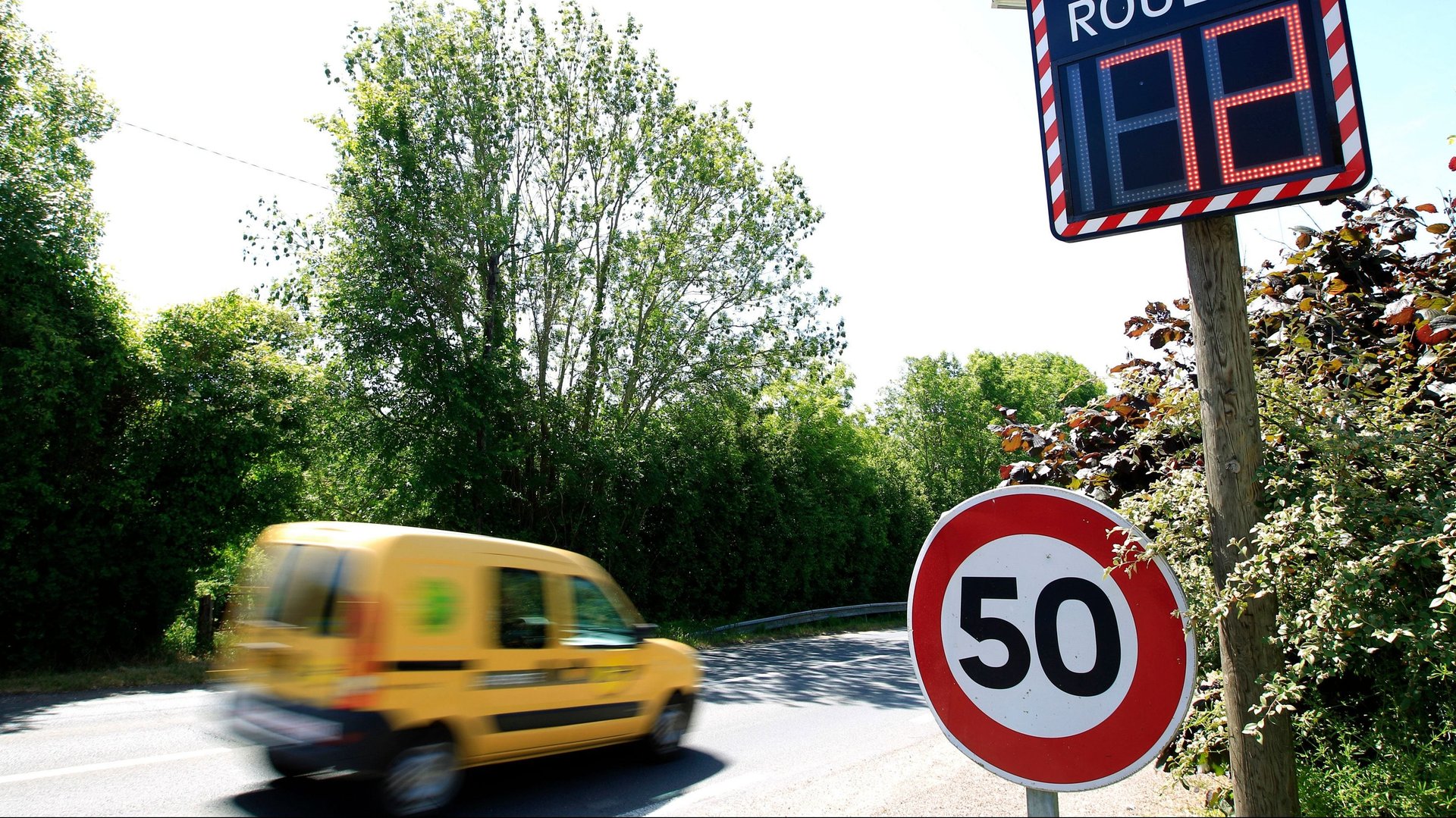France will collect €1.2 billion in speeding fines as it keeps squeezing drivers
This has been a bad year for French drivers. Anne Hidalgo, mayor of Paris, announced a ban on diesel cars registered between 2001 and 2005, which represents about 6.4 million vehicles in France, as well as traffic restrictions to combat pollution. And the government of president Emmanuel Macron passed a controversial law reducing the speed limit on undivided rural roads from 90 kilometers per hour to 80 kph (about 50 miles per hour).


This has been a bad year for French drivers. Anne Hidalgo, mayor of Paris, announced a ban on diesel cars registered between 2001 and 2005, which represents about 6.4 million vehicles in France, as well as traffic restrictions to combat pollution. And the government of president Emmanuel Macron passed a controversial law reducing the speed limit on undivided rural roads from 90 kilometers per hour to 80 kph (about 50 miles per hour).
Officials say this measure will save lives. It will also raise a lot of money: Budget estimates (pdf) for 2019 show that the government expects to make €1.2 billion ($1.4 billion) from speed-radar fines, an increase of 12% from 2018’s estimate— and an almost 50% increase from 2016, according to French financial newspaper Les Echos (link in French).
Do these policies work? The government says yes (link in French), based on a study it commissioned (link in French) on the impact of the reduced speed limit on traffic fatalities and average speed on four national roads in the Drôme, Haute-Saône, Yonne, and Nièvre departments. The study showed that the speed-limit reduction resulted in an average decrease of 4.7 km/h in speeds. The study also reported a downward trend in accident rates, but that finding was not statistically significant.
Drivers’ habits are hard to change. A 2017 survey (link in French) showed that one in four doesn’t respect safe driving distance guidelines, and that 41% regularly exceed the legal speed limit, despite a coordinated national policy started in 2015 to tackle rising road-death rates. There is some good news, however: Following the implementation of the 80 kph speed limit in mid-2018, road mortality rates declined for four months in a row, from May to August.
Correction: An earlier version of this article incorrectly referred to Les Echos as a magazine. It is a financial newspaper.